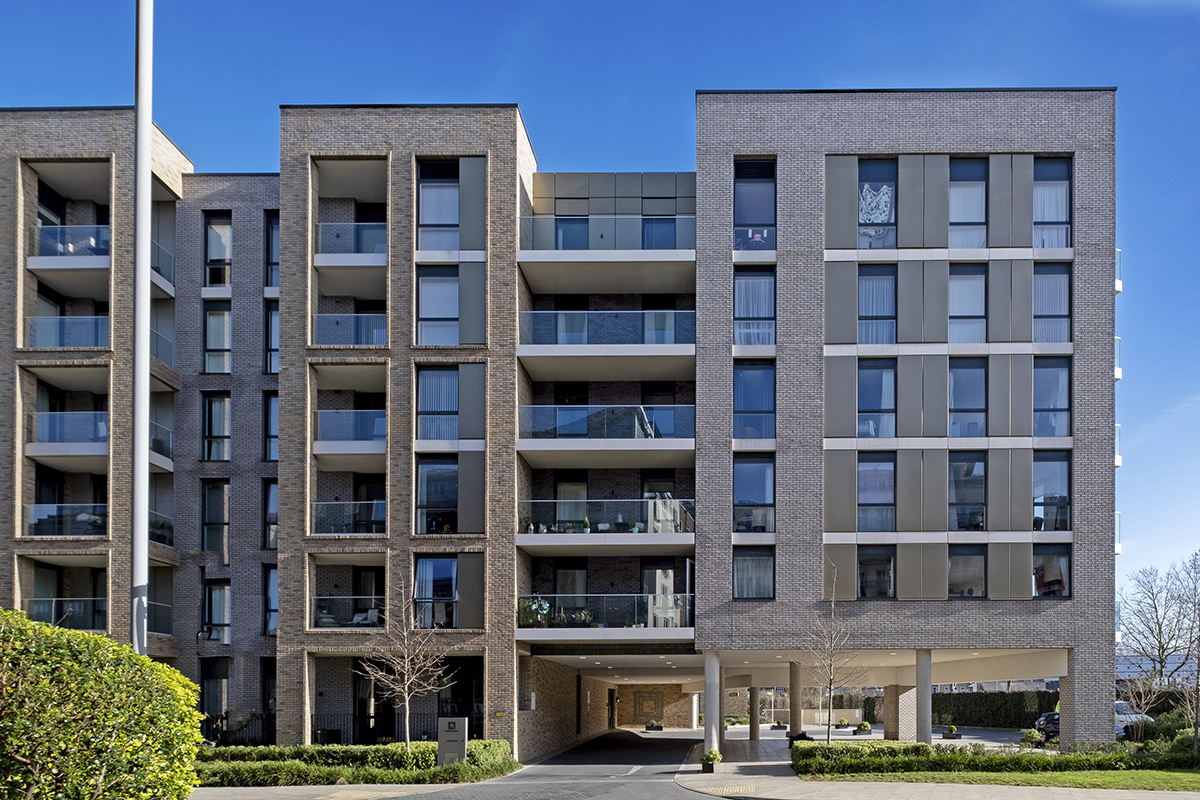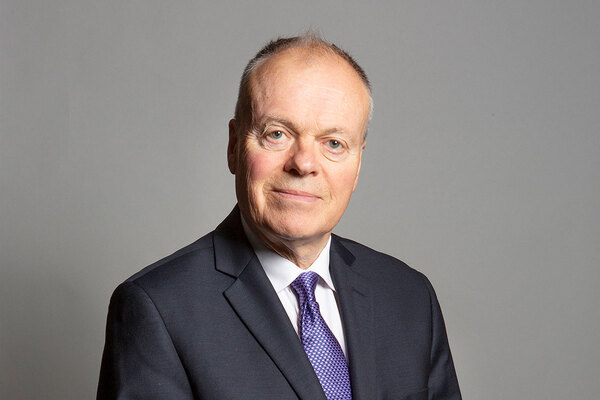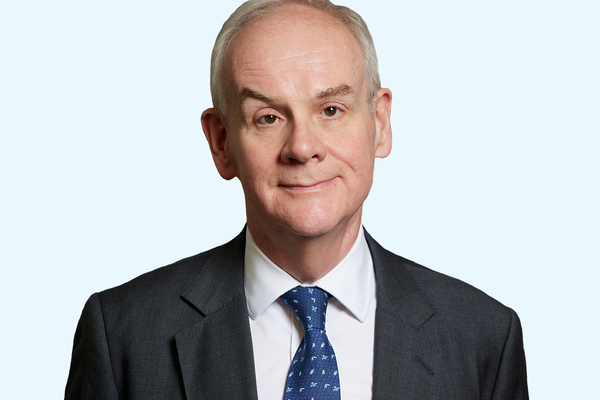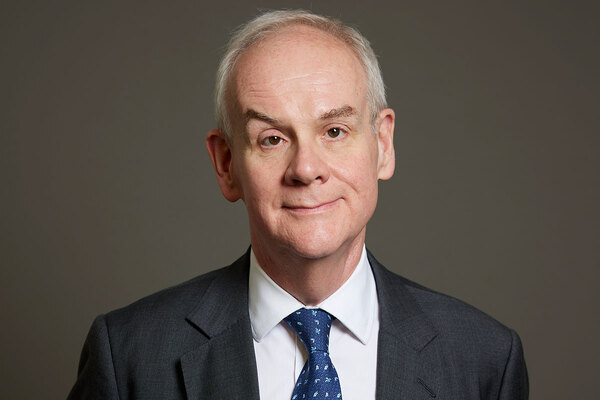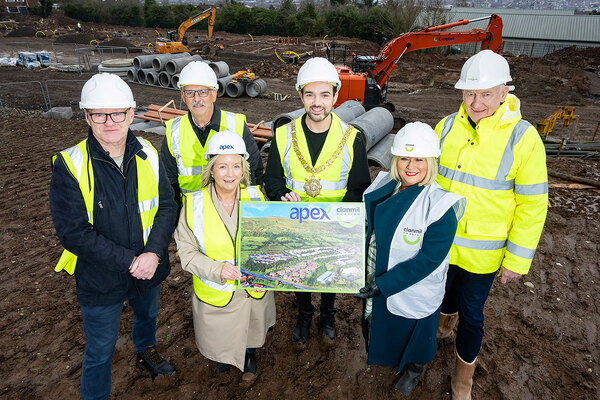You are viewing 1 of your 1 free articles
Crest Nicholson announces new boss as profit before tax slumps by ‘disappointing’ 70%
Crest Nicholson has announced the appointment of a new chief executive from Persimmon at the same time as its pre-tax profit reduced by more than two-thirds.
The FTSE 250 house builder told the stock market this morning that its current chief executive Peter Truscott will retire later this year.
The firm did not set a date for when he will stand aside, but said that Mr Truscott will remain in place until Martyn Clark succeeds “later in the year” and “a handover process is completed”.
Mr Truscott has held the top position at the firm since 2019 and is credited with leading the business through the pandemic and restructured operations to adapt to changing market conditions.
He said: “I would like to thank the board and my colleagues at Crest Nicholson. It has been a pleasure to work here and despite challenging market conditions in recent years, the group has made good progress. I will leave the group in good hands.”
Mr Clark will leave his current role as chief commercial officer at Persimmon, and stands to join Crest at a challenging time after a separate trading update today revealed that its profit before tax fell from £137.8m in 2021-22 to £41.4m in the last financial year.
The incoming new boss said: “I am looking forward to joining Crest Nicholson and working with the board and wider team in the next phase of the group’s growth.”
Crest’s latest financial accounts also reported overall revenue down 28% at £657.5m, which it said reflects “the weakness in the housing market”.
The firm lowered its profit forecast last week after it announced that it had set aside £13m for a legal claim relating to fire damage at one of its schemes.
On development, open market completions (including bulk deals) were down more than 700 units to 2,020, although affordable completions increased marginally by three units to 525.
On the firm’s latest trading update, Mr Truscott said: “The combination of challenging trading conditions and incremental cost movements associated with Farnham and other legacy low-margin sites have led to a disappointing set of results in 2022-23.”
Crest said it is streamlining the business due to the challenging trading climate and has taken measures to address challenges with legacy sites such as Farnham to help ensure completion.
Mr Truscott added: “Recently there have been some positive macro trends with inflation and mortgage rates falling, which bode well for the housing sector. Although it is too early to gauge customer behaviour, we have been encouraged by an increase in customer interest levels and enquiries this calendar year.
“However, we remain mindful of ongoing uncertainties within the broader economy. The medium-term prospects for housing demand remain positive with the structural undersupply of housing, however the challenging planning environment is likely to slow volume growth in the sector.
“We have acquired some excellent sites that are at advanced stages in the planning process, and have a strong strategic land pipeline, leaving us well positioned for the future when market conditions improve.”
It is a sign of the economic headwinds currently facing the sector that a number of developers and associations have reported similar losses of late and poorer-than-expected financial performances.
Earlier this month, The Guinness Partnership posted a reduced surplus of more than £10m for the six months to 30 September 2023, owing to rising interest costs and lower homes sales.
Sign up for our development and finance newsletter
Already have an account? Click here to manage your newsletters



